The origins of the traditional nursery rhyme, Baa Baa Black Sheep, are not well documented, and it is difficult to know for sure what it was originally intended to convey.
The lyrics of rhyme have been criticized for their potentially racist implications. Some people believe that the line "black sheep" perpetuates negative stereotypes about black people, and that the rhyme's use of the word "master" could also be seen as problematic. Additionally, the rhyme has been criticized for promoting the idea of unequal distribution of wealth, as the black sheep is asked to give wool to the master, the dame, and the little boy who lives down the lane.
According to another theory, the "black sheep" in the rhyme represents the wool tax that was imposed on farmers in England in the 13th century. The "three bags full" in the rhyme refer to the three different types of wool that were taxed. The "master" in the rhyme represents the king or the government that collected the tax, and the "little boy" represents the common people who had to pay the tax.
However, there is no conclusive evidence to support either theory, and it is also possible that the rhyme is simply a children's song with no deeper meaning. It remains a popular children's song in many parts of the world, and opinions about its appropriateness vary.
In recent years, there have been efforts to update the lyrics of the song to make them more inclusive and culturally sensitive. For example, some versions of the song replace "black sheep" with "rainbow sheep" and other colours, and others use the word "little" instead of "master."
Despite the intentions behind the song, the rainbow sheep version has received criticism from some who feel that it is a potentially harmful revision of a beloved nursery or that it is unnecessary to change traditional nursery rhymes in order to be inclusive. Others have expressed concern that by sanitizing traditional nursery rhymes, we may be depriving children of important cultural touchstones. But there are also those that argue the song was simply meant to introduce children to a wider range of colors and stimulate their creativity.
But wait, that's not all... have you ever noticed how all these rhymes are about males; every character is male unless it's deemed necessary for the character to be a female because they are a mother or tending flowers and so on; plus almost all authority figures are male? These factors completely discount females as notable in their own right. Traditional rhymes could also do with updating in other ways to be more relevant to modern-day children. What is a Master and a Dame?
Along comes the latest Baa Baa Blue Sheep song (by WPop) to address multiple concerns. This version runs with the tax theme but makes the main character a blue sheep ("B.S.", because she is sad), turns the Sir into a Sire (male bull), shows the main uses of earnings to be for housing, groceries and tax (the big brother), but puts a positive slant on tax expenditure, touching on it as a necessary expense to be managed.
The song might introduce children to the idea that taxes are not to be sad about, but fulfil a purpose (ignoring for now that those funds are not always well-distributed).
Ultimately, the reception to "Baa Baa Black Sheep" and the variations differ depending on individual perspectives and cultural contexts. Some people embrace them as a fun and harmless alternative to "Baa Baa Black Sheep," while others view them as an unnecessary and potentially harmful revision of a beloved nursery rhyme, others see it as a small step towards positive change.
So, should Baa Baa Blue Sheep replace Baa Baa Black Sheep? Well, we think it should because we wrote it! However, it is currently sitting at around 74,000 views on YouTube and has only 62% likes. Let us know what you think of it!
You can check it out and decide for yourself by listening to it on Spotify or watching the Baa Baa Blue Sheep animated music video on YouTube!
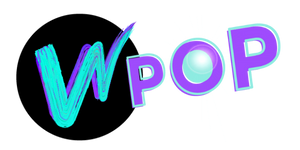





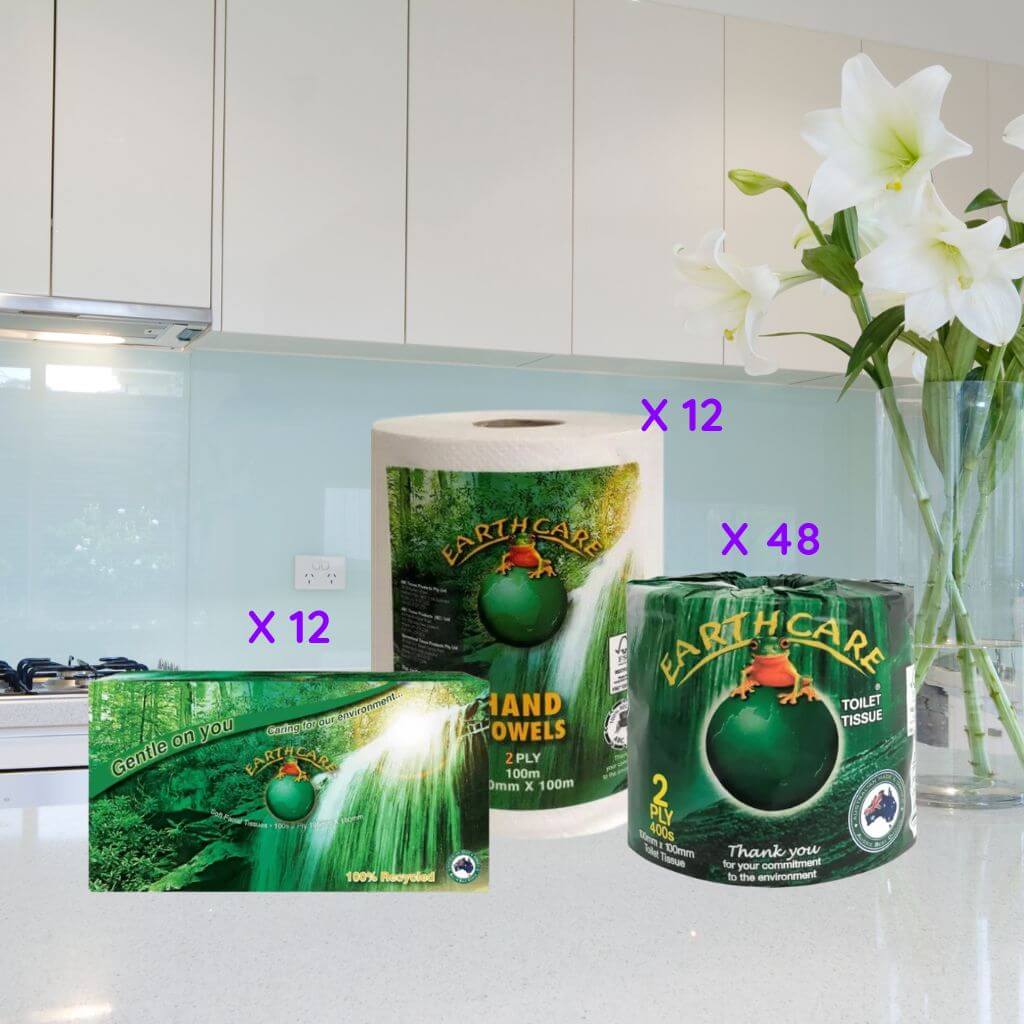


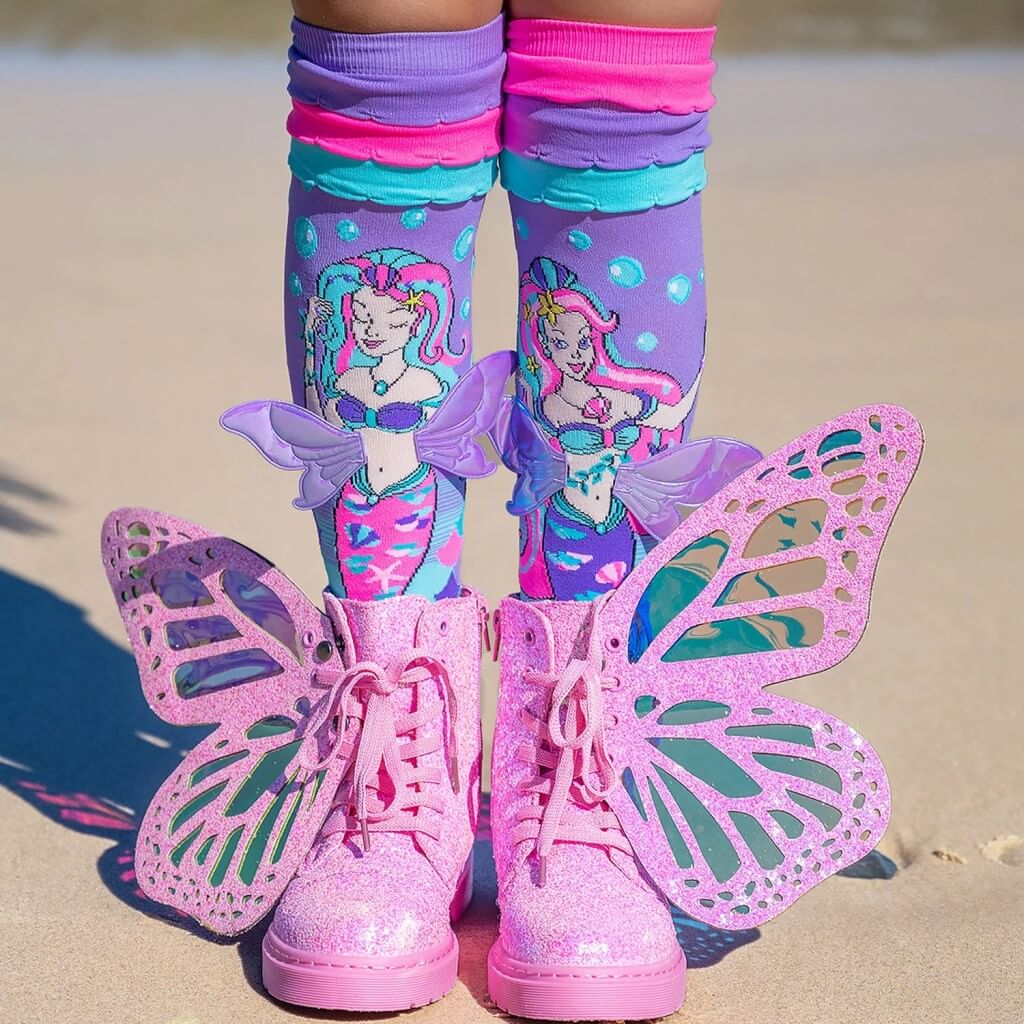
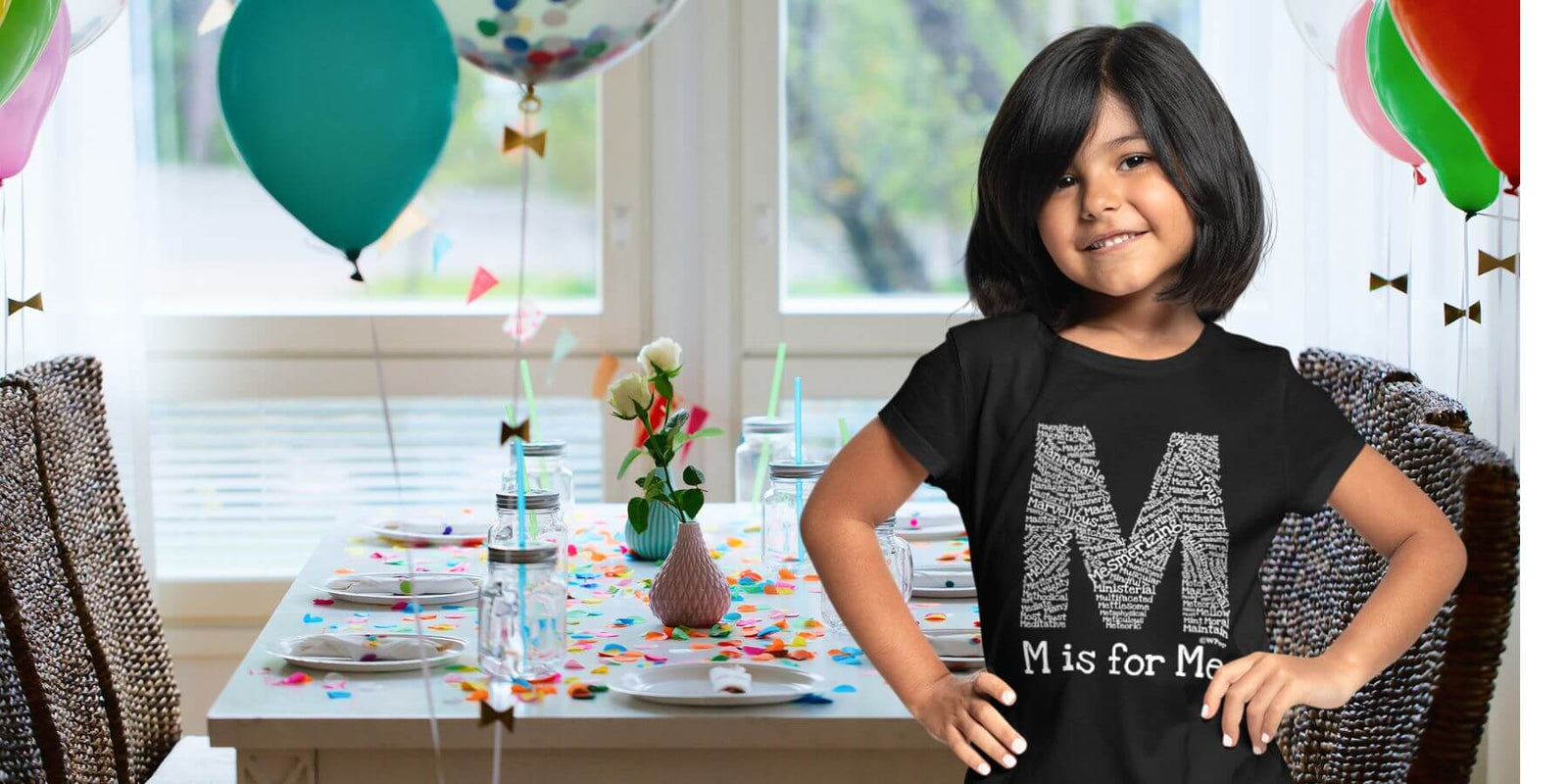
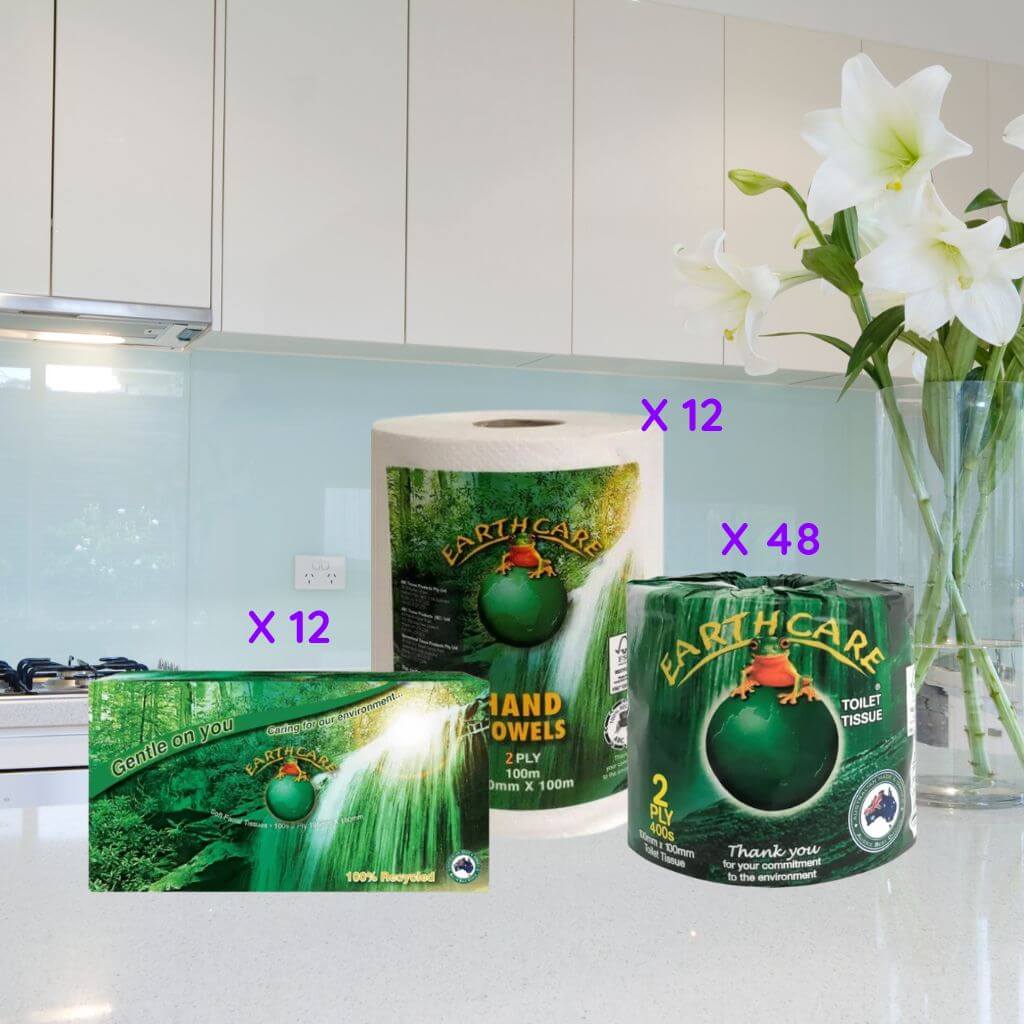
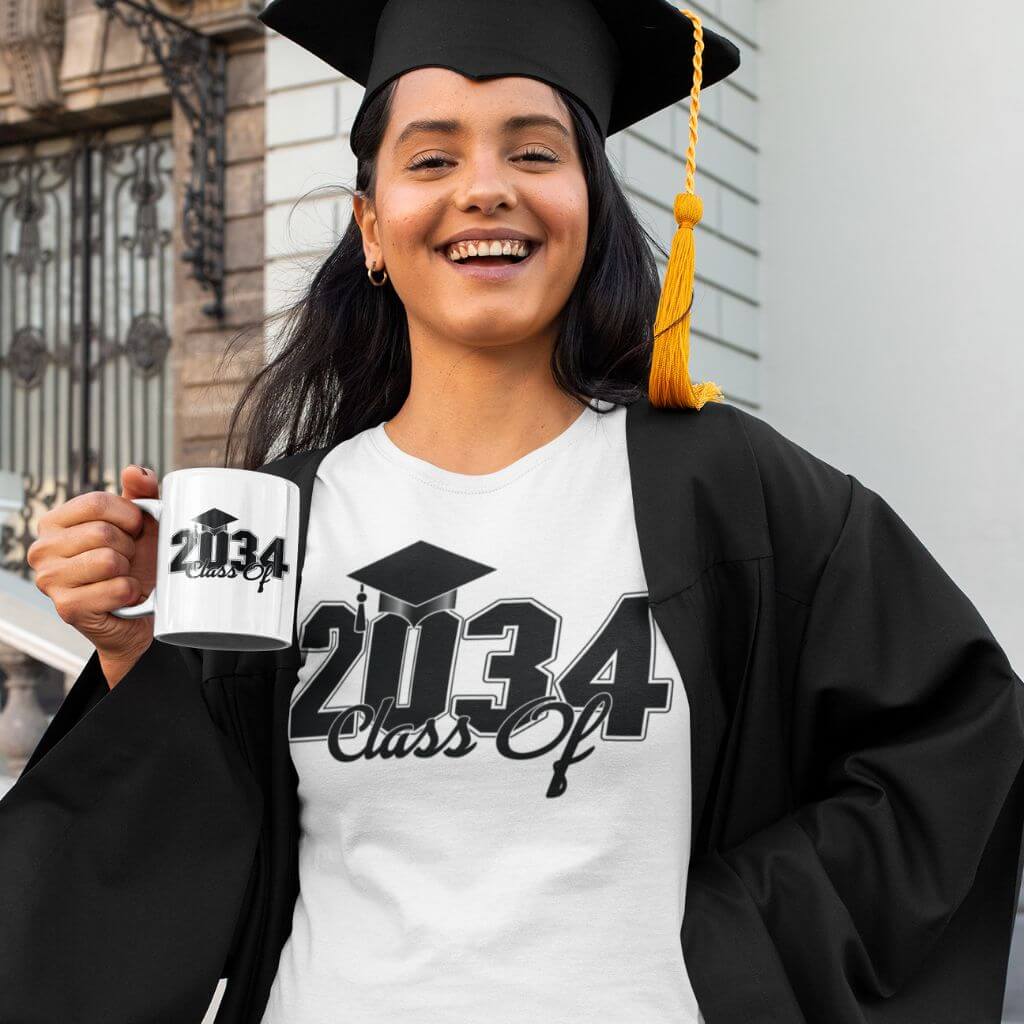



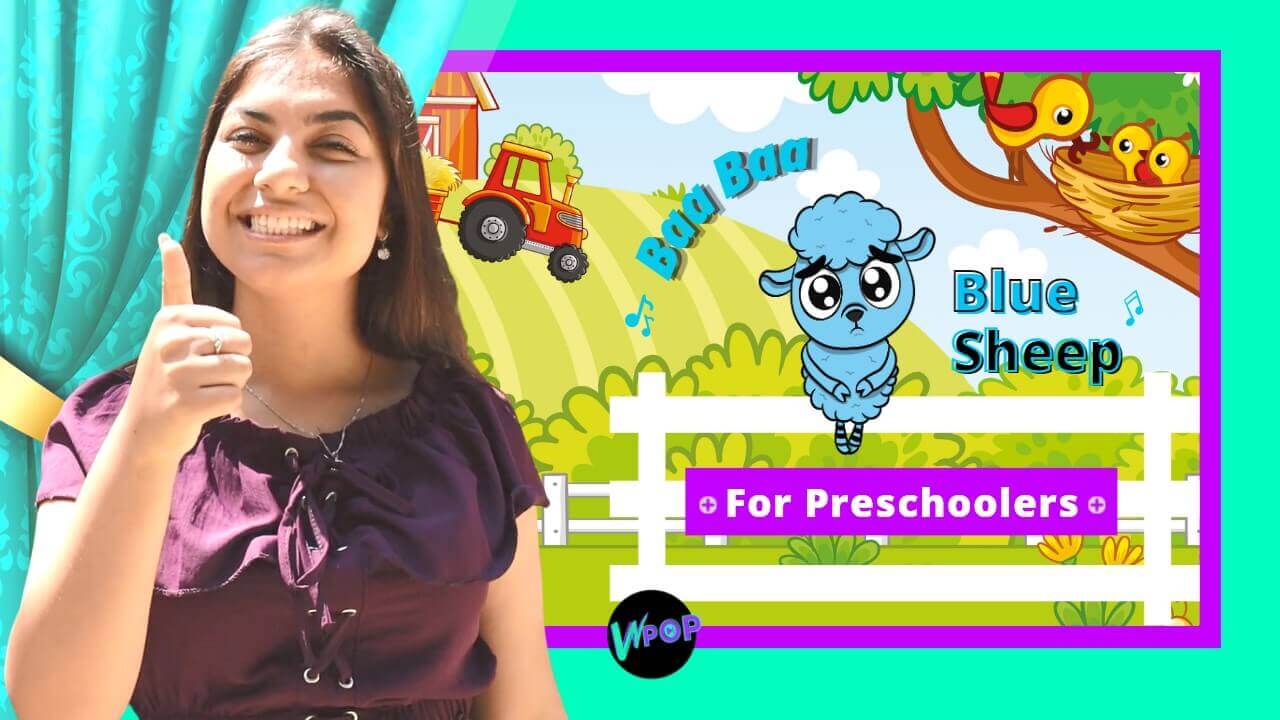
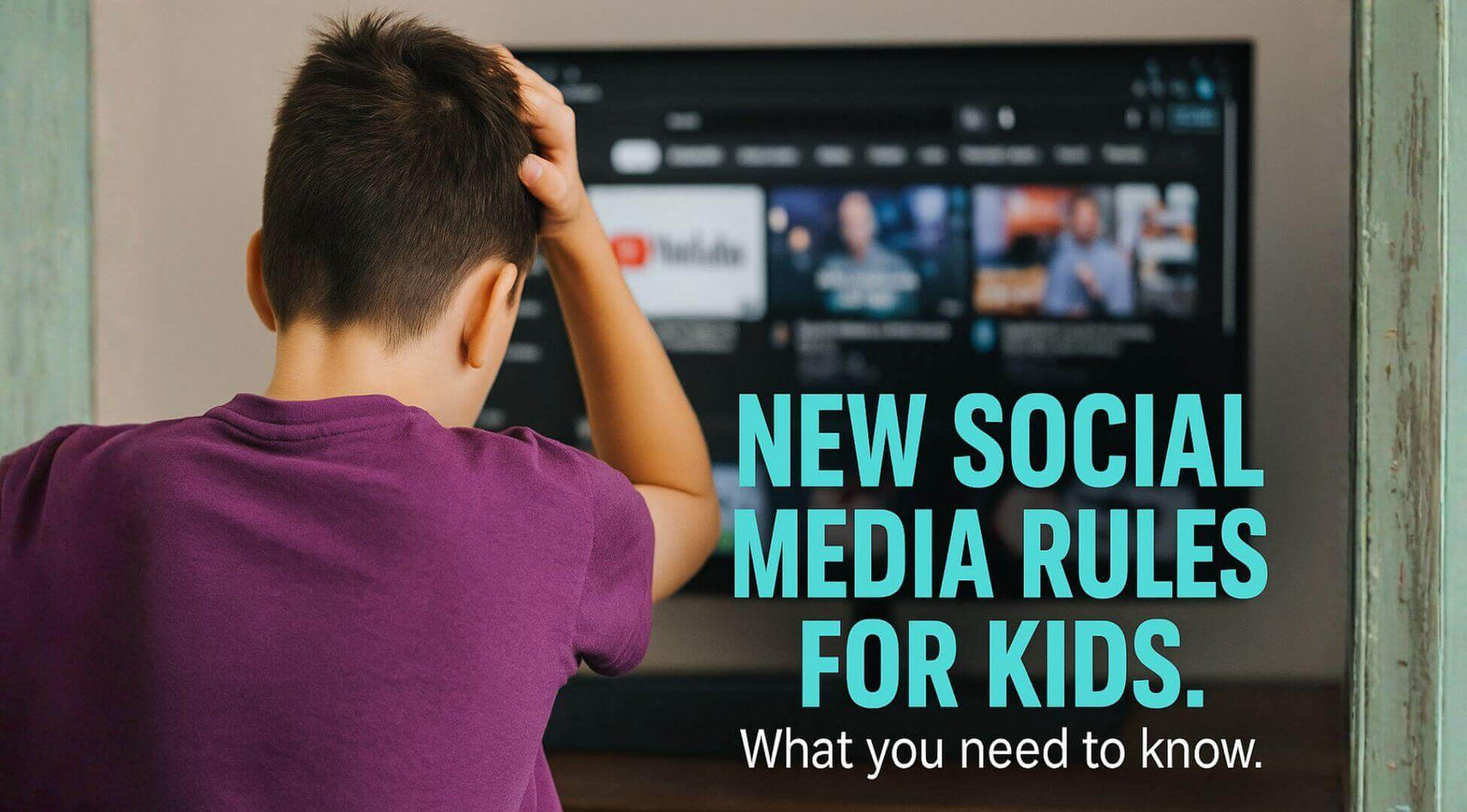
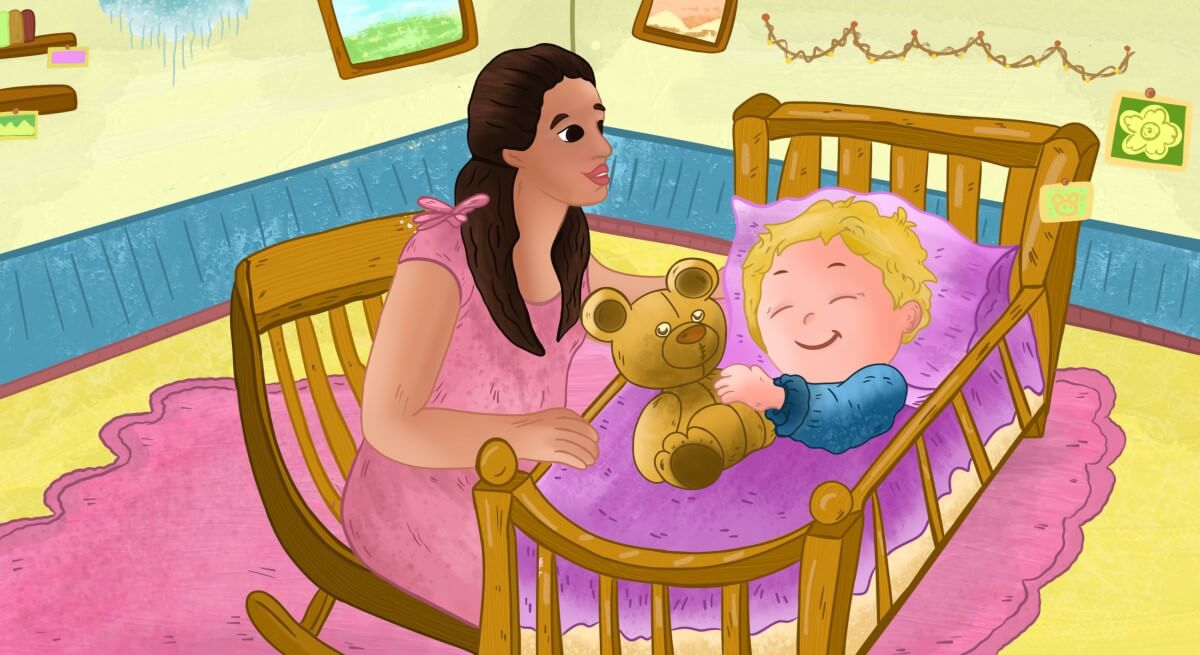
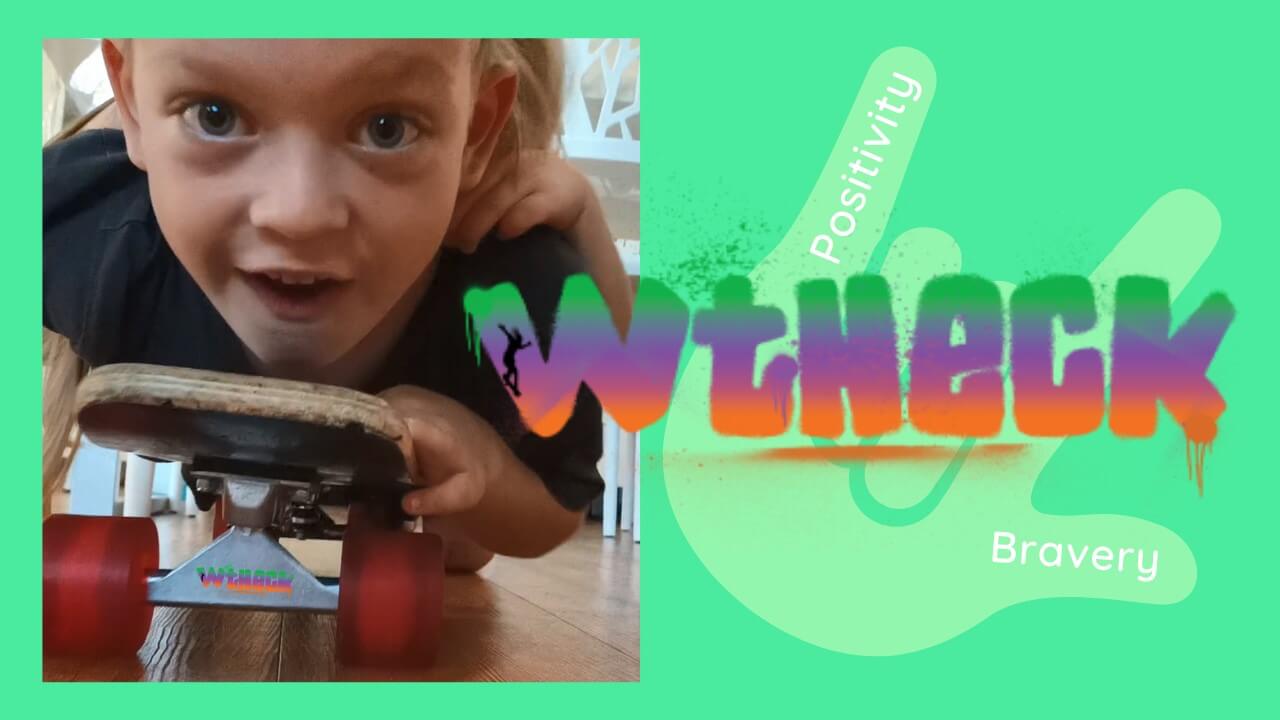


Leave a comment (all fields required)